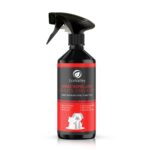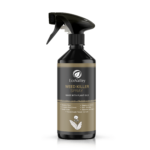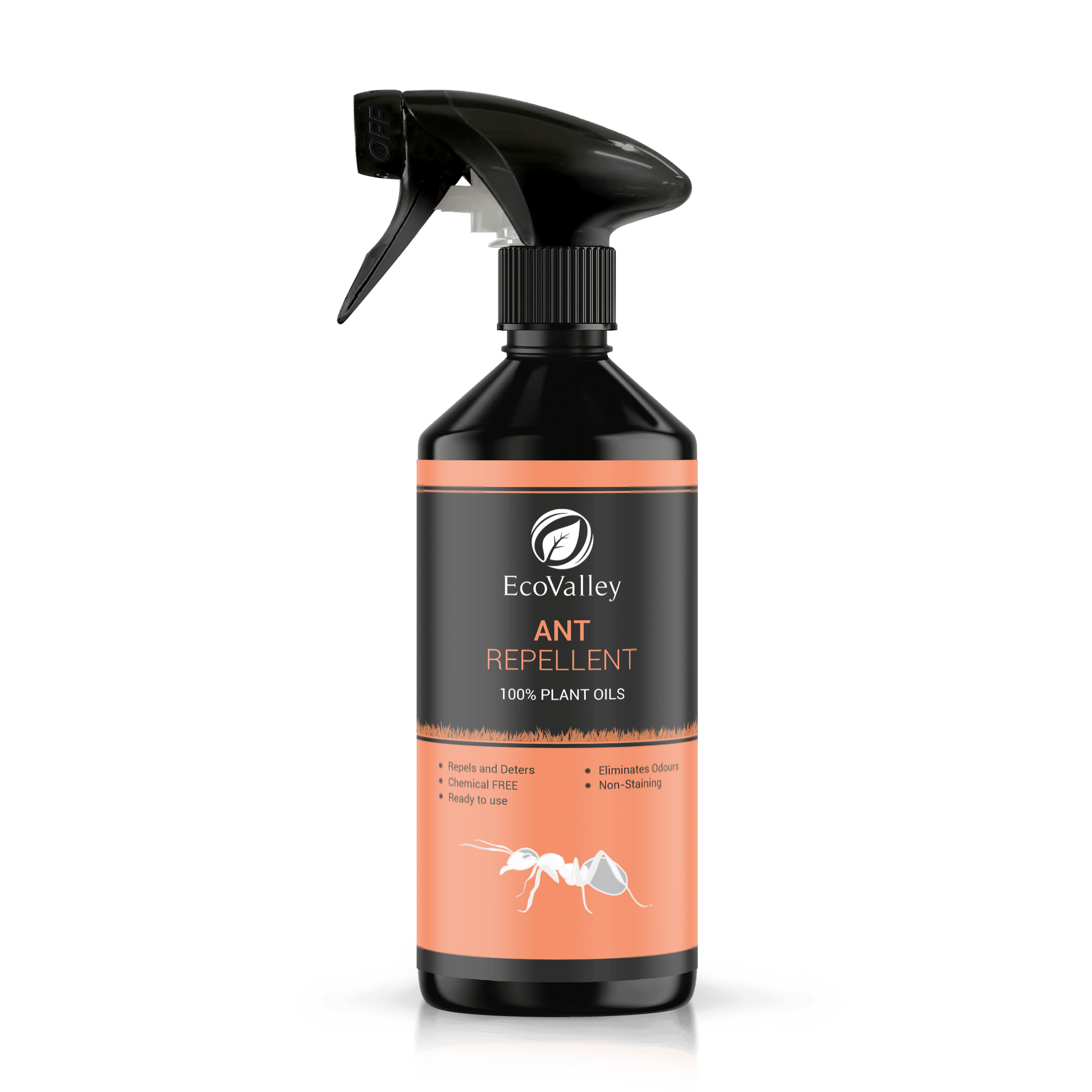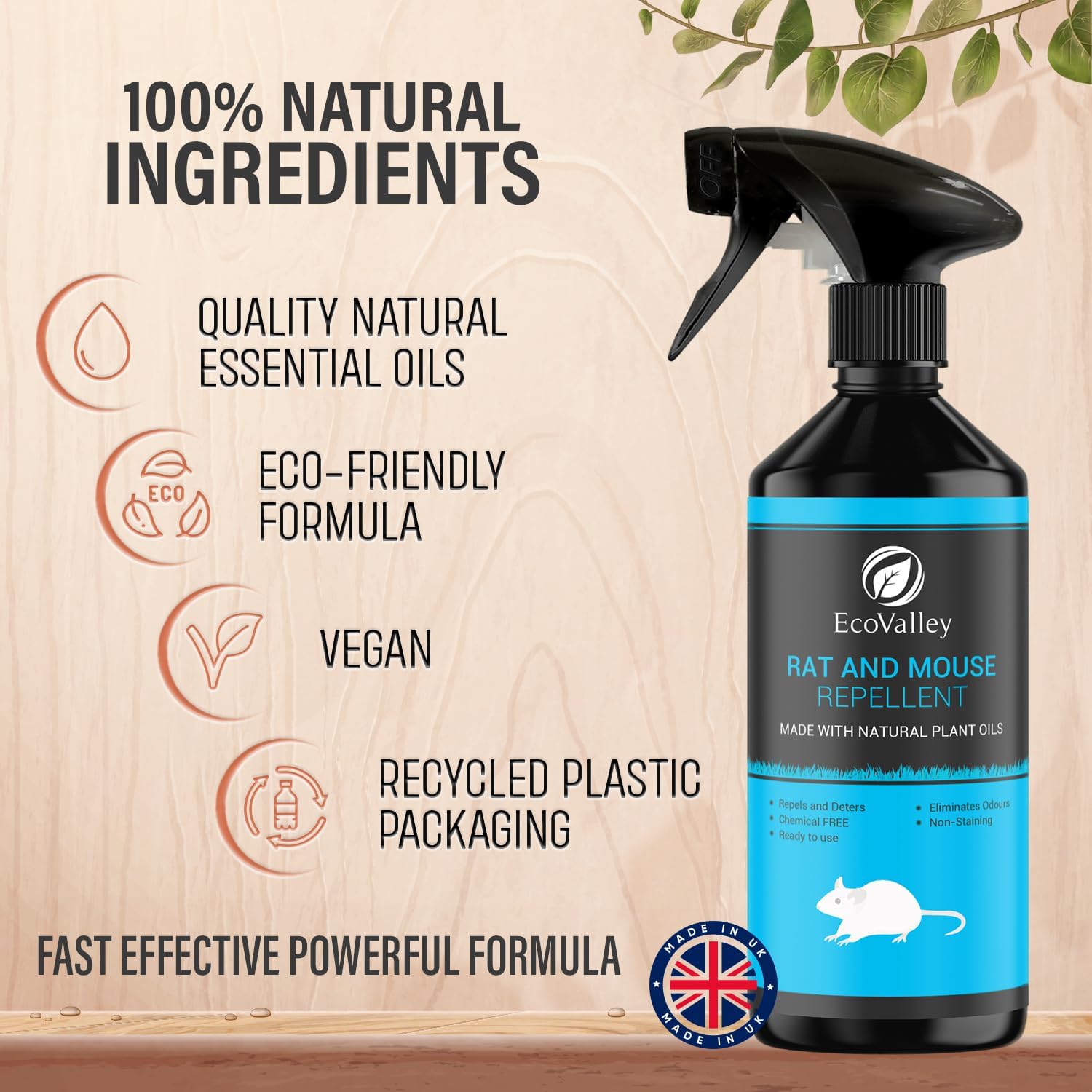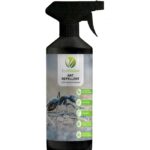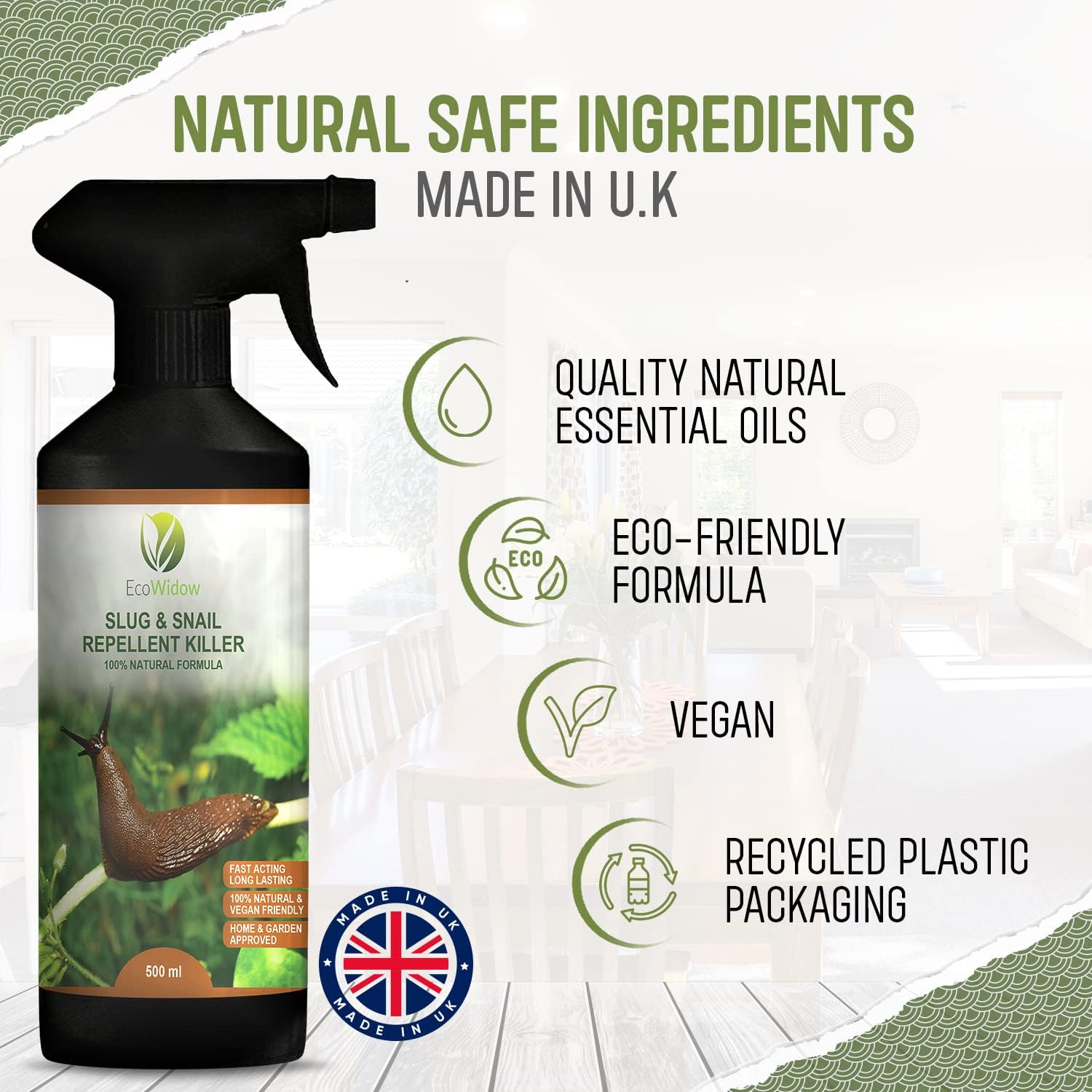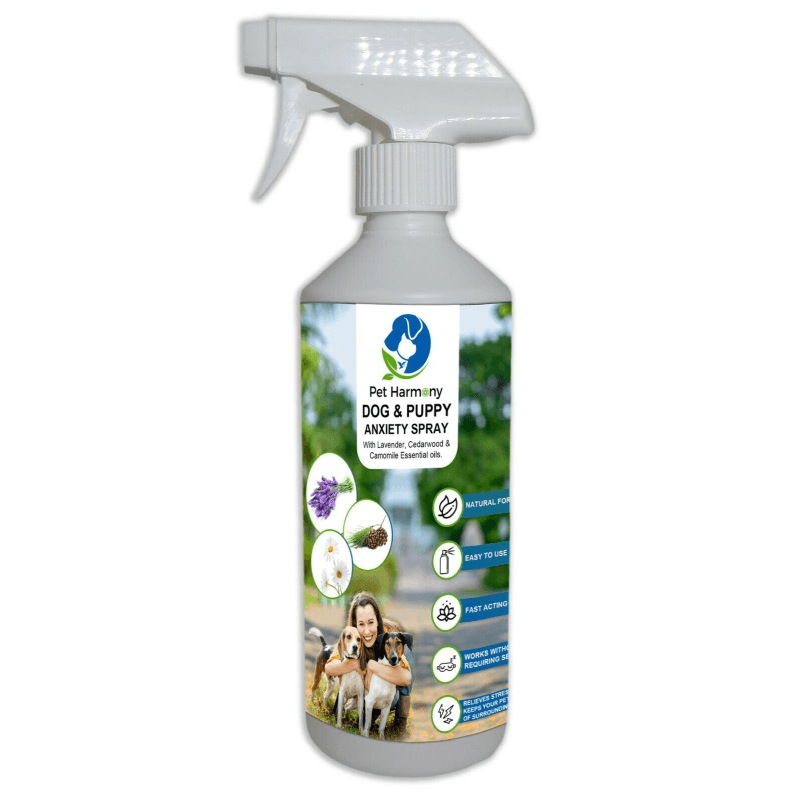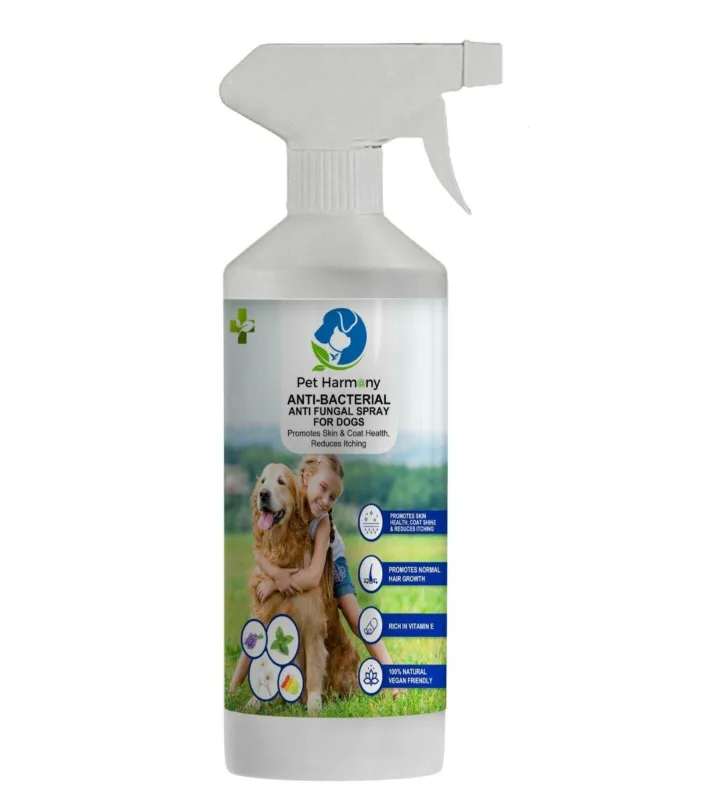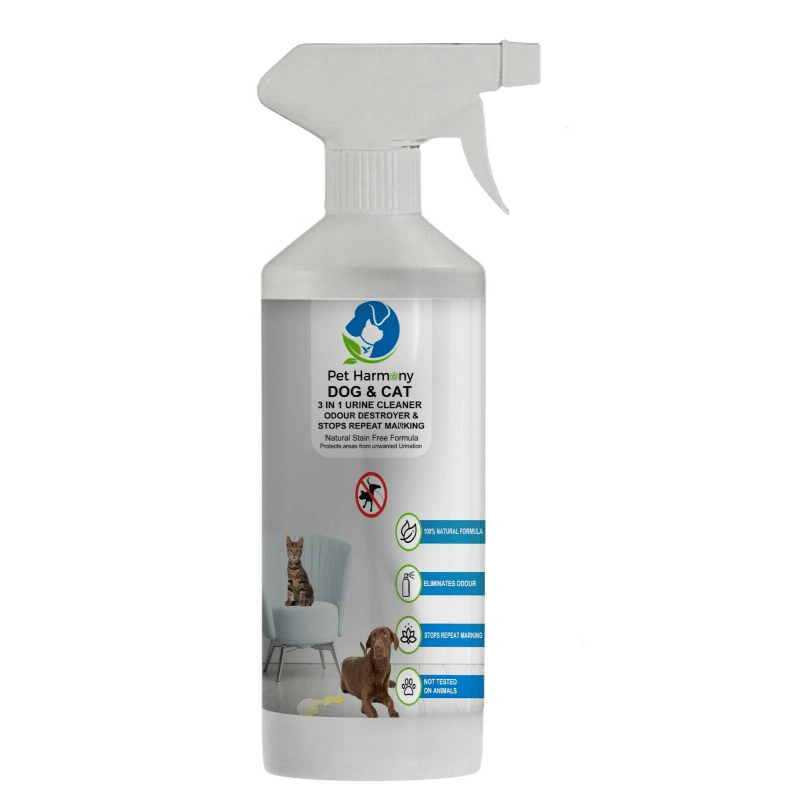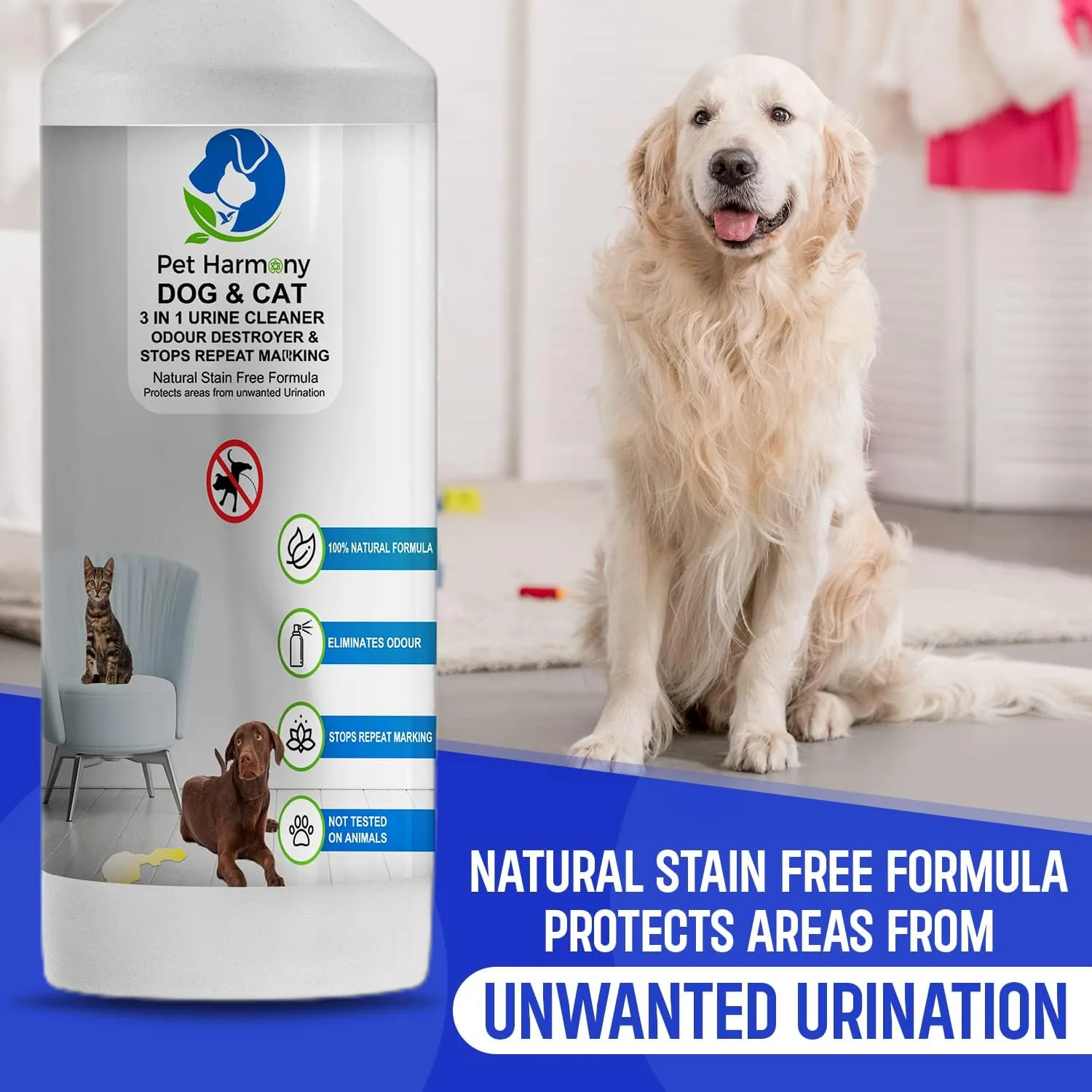You may have heard of flaxseed and chia seeds. But how much of these should you give your dog? These oils can be found in fish, flaxseed, and chia seeds. Despite the benefits of these oils, they are not a miracle cure for severe inflammatory conditions. Nevertheless, they can enhance the effects of medications. Here are the most common benefits of chia seeds for dogs.
Fish oil
While EPA and DHA are essential fatty acids, dogs can’t produce these fatty acids independently. Taking fish oil supplements can provide your dog with the necessary fatty acids, which will support your pet’s overall health. A fish oil supplement may not be the best choice for your dog. It’s essential to find a formulation that contains the correct amount of omega 3s. Ensure the company you purchase it from offers information to help your veterinarian make an informed decision.
While fish oil is an essential source of essential fatty acids, it’s also essential to choose a brand that is free from pollutants. Ask for a Certificate of Analysis to ensure the product is free of contaminants. Several fish oil supplements have been linked to radioactive emissions from Japan’s Fukushima nuclear power plant disaster. In the wake of this tragedy, researchers found radioactive particles in Pacific fish. Tuna was the most toxic. In addition, salmon used to produce fish oil has been linked to toxicity. Cesium and Strontium can leach into your dog’s bone marrow and lead to bone cancer and leukemia.
Flaxseed
Dogs need a certain amount of EPA and DHA in their diet to keep their skin and fur healthy. These essential fatty acids are found in small fish such as salmon, herring, and tuna. You can also feed your pet the oil of some plant foods. But beware – not all supplements are made with these fatty acids. Some products substitute short-chain PUFAs, like ALA (alpha-linolenic acid) from flaxseed oil. While these fatty acids are derived from fish, they are not metabolically efficient. It’s much better to feed your natural dog sources of Omega-3s, such as fish oils and flaxseeds.
Start with your pet’s age to determine how much Omega 3 fatty acids to give your dog. The age and size of your pet will determine the appropriate amount of omega-3 supplementation. However, remember that the recommended dosages for humans and dogs may vary widely. Consult your veterinarian if you’re not sure which dose to give your dog. The omega-3 dosages you choose should not exceed a specific amount.

Chia seeds
You’ve come to the right place if you’re considering giving your dog chia seeds. This nutrient-rich seed is an excellent source of plant-based protein and Omega-3 fatty acids. Chia seeds also have a high fiber content, supporting the digestive system and aids digestion. This means a healthier dog! Chia seeds also contain a high amount of protein, which can be combined with other meat proteins to increase muscle mass and prevent muscle loss.
It’s important to note that chia seeds are non-allergenic, but they can upset some dogs’ stomachs. You can purchase chia seeds at most grocery stores. Choose organic, milled chia seeds. To give your dog chia seeds, add a teaspoon to their food daily, gradually increasing the amount each day and as with human chia seeds, monitoring your dog’s weight and any adverse reactions to the food is essential.
Flaxseed oil
While flaxseed oil is a healthy addition to any dog’s diet, excessive doses may lead to seborrhea oleosa, resulting in large dandruff flakes and an oily coat. To avoid seborrhea oleosa, decrease the daily dosage of flaxseed oil in your dog’s diet or stop feeding your dog flaxseed oil altogether.
In a recent study, researchers administered two types of supplements for a week to 20 adult Alaskan huskies. While all dogs received the same complete and balanced dog food, ten were given flaxseed or krill oil to supplement their diets. The dogs’ blood fatty acids levels were measured at the beginning and midpoint of the study. The researchers also calculated the Omega-3 index in all of the dogs.
Fish oil is the most common form of Omega 3 fatty acids for dogs and cats, but flaxseed oil does not contain them. While fish oil may have the same benefits, flaxseed oil is not as effective. It also produces fishy breath and odor. In contrast, flaxseed oil is beneficial for inflammatory conditions and may shrink tumors. The best way to determine if fish oil is suitable for your dog is to read the label and decide whether or not it is safe to consume.
Can I give my dog too much omega-3?
There is some concern that giving your dog too much omega-3 fatty acids may not be good. Too much omega-3 can increase the risk of heart disease, arthritis, and other health problems in dogs. The American Veterinary Medical Association (AVMA) recommends a limit of 2 grams (0.07 ounces) per day for dogs.
Can I give my dog salmon oil every day?
Can I give my dog salmon oil every day? The short answer is no. Salmon oil is a concentrated source of omega-3 fatty acids and can be harmful to your dog if ingested in high doses. It’s also not recommended to give your pet other types of supplements that contain omega-3s as they can interact with other medications or supplements you’re giving your dog. Speak with your veterinarian before giving any supplements to your pet. Can I share my dog’s chia seeds? You can provide your dog with chia seeds, but they’re also considered food. Check with your veterinarian to ensure that they are okay for your pet.
Can you give your dog human fish oil capsules?
Can you give your dog human fish oil capsules? While the answer to this question may seem obvious to some, it is worth exploring just how feasible it is to provide your pet with these capsules. Fish oils are an essential part of a healthy diet and can help improve dogs’ health in various ways, including preventing heart disease and boosting brain function. However, taking fish oil supplements for pets can be tricky–not only do you have to ensure that the capsules are safe for them to consume and that they’re potent enough to provide the benefits your pet desires. Fortunately, the answer to both of those questions is yes. With a little bit of research and careful consideration, you can give your dog human fish oil supplements with no problem.
Pet Harmony Pure Salmon Oil for Dogs
Most dogs love to play and have fun, but the high energy level can be too much for some breeds of dogs, such as bulldogs. When your dog is overstimulated and unable to relax, it can lead to problems like hyperactivity or aggression. One way to help your dog calm down is by giving them salmon oil supplements.
Pet Harmony Pure Salmon Oil for Dogs provides the perfect combination of omega-3 fatty acids and antioxidants needed to support a healthy immune system. Our supplements are made from the highest quality, wild-caught salmon and contain no added artificial colors or preservatives.
Conclusion
In conclusion, it is essential to consult with a veterinarian before supplementing your dog’s diet with omega fatty acids. While omega-3s are beneficial for dogs, too much can cause adverse health effects. A vet can help you determine the right dosage and type of omega fatty acid supplement for your dog.


